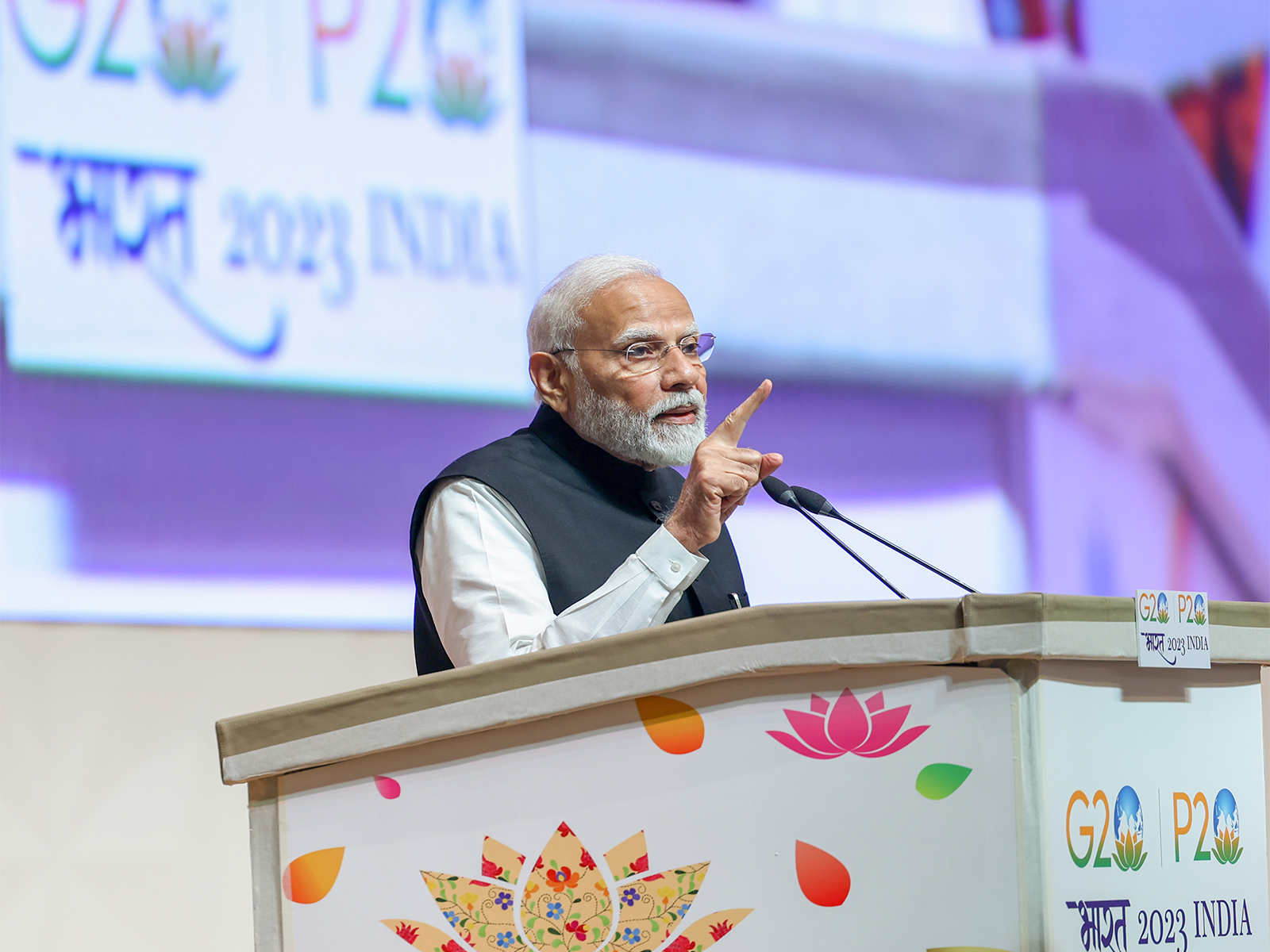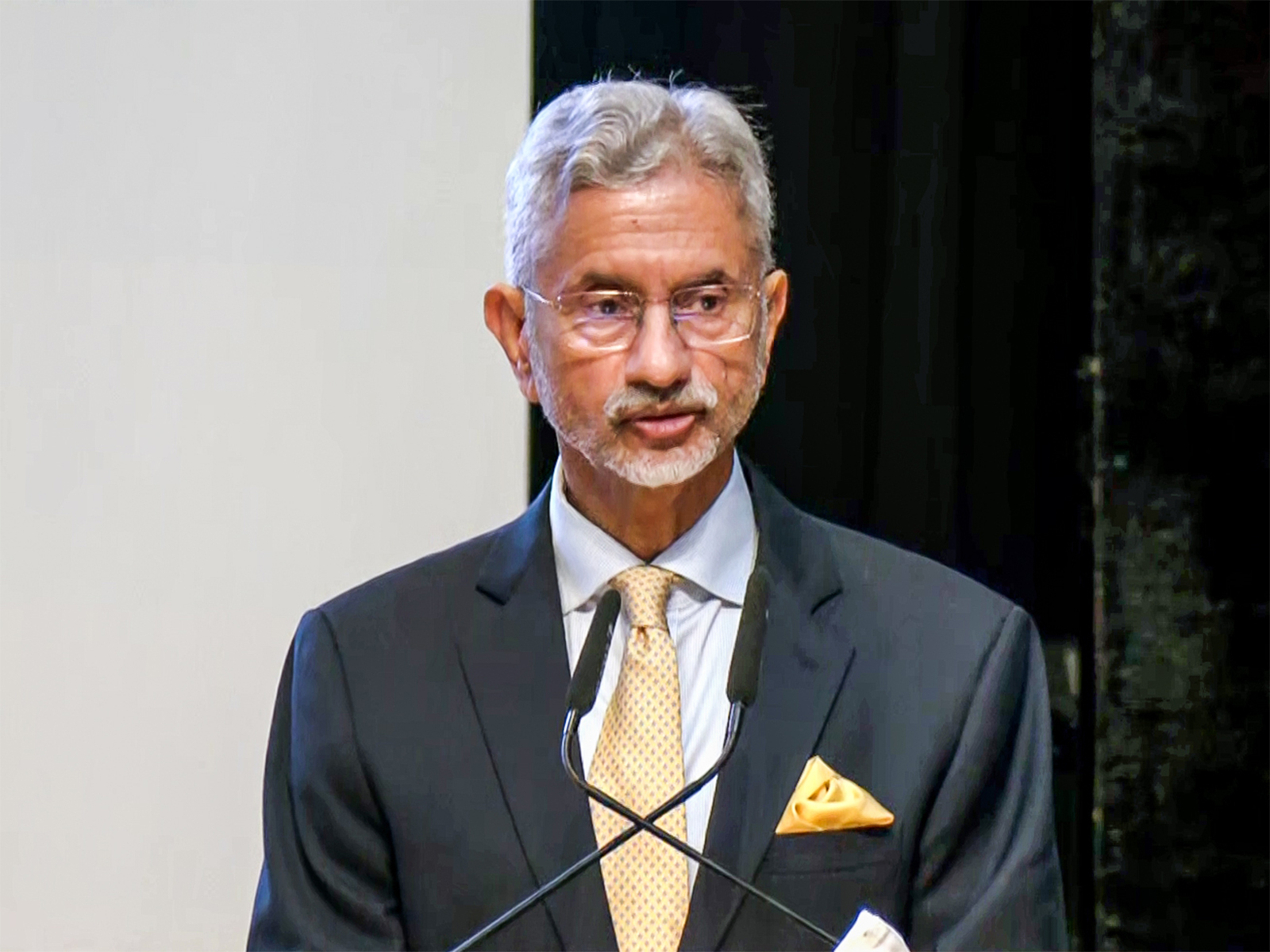
Research team to meet Bihar CM over uranium found in breastmilk of lactating mothers
Nov 24, 2025
Patna (Bihar) [India], November 24 : The research team, which revealed alarming levels of uranium (U238) in the breastmilk of lactating mothers across several districts in Bihar, will meet Chief Minister Nitish Kumar and Health Minister Mangal Pandey and urge them to take appropriate steps, said Dr LB Singh, Medical Superintendent of Mahavir Cancer Institute in Patna, on Monday.
Dr LB Singh, who is also part of the team that conducted the study, expressed concern about the potential harmful effects of uranium in the blood. He said that it can cause mental illness, instability of bone growth, kidney disease, and even lead to cancer.
Speaking with ANI, Dr LB Singh said that they found Uranium in all 40 breastfeeding mothers across six districts. "But fortunately, it was minimal. But it will be a matter of concern if this level increases," he said.
"This week we will meet CM Nitish Kumar and the state Health Minister with this finding and urge them to take appropriate steps on a larger scale... The presence of Uranium in the blood causes mental illness, instability of bone growth, kidney disease, and even leads to cancer," Dr. LB Singh said.
He advised breastfeeding mothers to drink pure mineral water and be vigilant with their food habits, to have fresh fruits and vegetables.
Researchers from multiple institutions have found that uranium exposure through breastmilk could pose significant non-carcinogenic health risks to infants.
The study, conducted on 40 randomly selected lactating women from various districts of Bihar, involved quantification of U238 in breastmilk. All samples tested contained uranium, with the highest levels observed in the Katihar district.
Health risk assessments showed that infants are particularly vulnerable due to their limited ability to eliminate uranium from their bodies.
The study estimates that 70 per cent of the infant population analysed could experience non-carcinogenic health effects from exposure.
Uranium, a naturally occurring radioactive element, is commonly found in granite and other rocks. It can contaminate groundwater through natural processes and human activities such as mining, burning coal, nuclear industry emissions, and the use of phosphate fertilisers.
Earlier speaking with ANI, Dr. Ashok Sharma of AIIMS Delhi, who is a co-author of the study, said, "The study showed that: 70% of the infants had HQ > 1, indicating possible non-carcinogenic health risks from uranium exposure through breast milk. Uranium exposure in infants may affect: Kidney development, Neurological development, Cognitive and mental health outcomes (including low IQ and neurodevelopmental delay) if long-term exposure continues."
"However, based on the observed uranium concentrations in breast milk samples (0-5.25 ug/L), the study still concludes that the actual impact on infant health is likely low, and most uranium absorbed by mothers is excreted primarily through urine, not concentrated in breast milk. Therefore, breastfeeding remains recommended, unless a clinical indication suggests otherwise," he said.
The World Health Organisation (WHO) sets a provisional limit of 30 micrograms per litre (ug/L) for uranium in drinking water, while some countries, such as Germany, have adopted stricter limits of 10 ug/L.
In India, uranium contamination has been reported in an estimated 151 districts across 18 states, with 1.7 per cent of groundwater sources affected in Bihar.
The current research underscores the urgent need to monitor U238 in Bihar to assess and mitigate potential health risks to mothers and their infants.

























